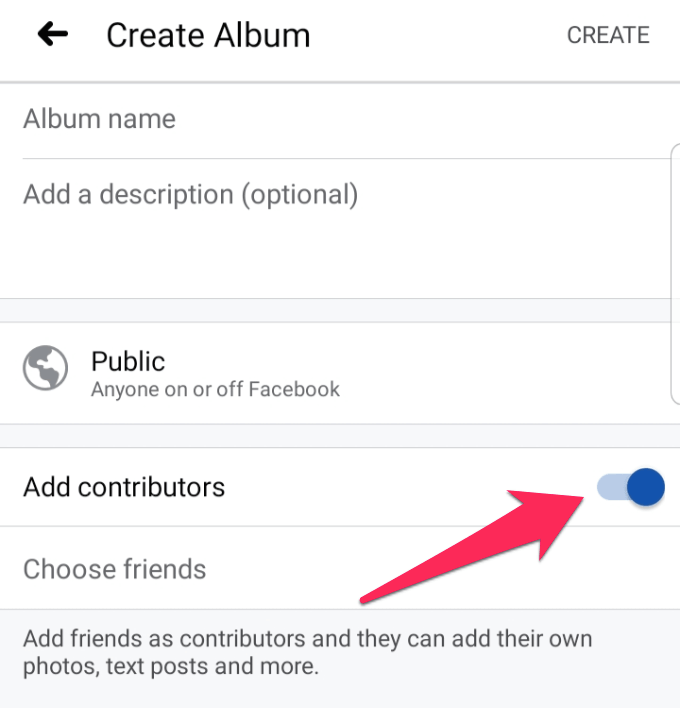

However, it’s different enough to be potentially confusing. Click delete and confirm on the next page to delete the photo.ĭelete albums (and mass delete photos) on the mobile webĪgain, this is only slightly different from the regular website and mobile apps. On the next screen, you should see options to rotate the photo left or right or, alternatively, to delete the photo. Click the “More Options” hyperlink just below the photo.Find the photo you want to delete and tap it to open it.Navigate to your profile, scroll down, and click the “See All Photos” option.Open your browser, navigate to Facebook, and login if you haven’t already.To be honest, this version of Facebook feels a lot more disorganized than the desktop website or the mobile app. Deleting individual photos on the mobile web This method isn’t too different from any of the other ones, but it is a little different so we thought we would include it in this tutorial. You still cannot delete some Facebook-created albums (like Profile Pictures) this way, but you should be able to delete all of the ones you made. After that, simply delete the album and the photos in it are gone as well. Thus, to mass delete photos, create a new album and dump all of the photos you don’t want into it. Click that and select the “Delete album” option.ĭeleting a Facebook album deletes all of the photos in the album. On the albums page, you can find a three-dot icon on the bottom right of all of the albums you made.On the next page, you can choose Photos of You, Your Photos, and Albums. Navigate to your profile on the website and then click the Photos tab.However, with a little creativity and the album deletion method, you can, in fact, mass delete Facebook photos fairly quickly. Unfortunately, there is no easy way to mass delete photos on Facebook on the web. Simply use the “Remove Tag” option when you see it.ĭelete photo albums (and mass delete photos)


Click “Options” and select “Delete Photo”.A bunch of controls will appear toward the bottom of the photo. Open any photo on the website and roll your mouse pointer over the photo.It’s a bit tedious, but it works quite well. Afterwards, delete the album and with it, all of the photos you don’t want anymore. Simply create a new throwaway album and add all of the photos you don’t want anymore to the album. You can use this little trick to mass delete Facebook photos as well.

From there, select the “Delete” option and confirm at the prompt to delete the album along with every photo inside of the album.
#CANNOT CREATE PHOTO ALBUM IN FACEBOOK ANDROID#
The Tags() function will return an array, JSON decoded from the column in the database.Delete Facebook photos on Android and iOS Now we can get information on the image! echo $img->Id() // output: 57Įcho $img->Src() // output: /my/path/image.pngĮcho $img->Upload() // output: 1375858084 So now, if you know the ID of the image you want to get, you can get it with the following code: $id = 57 | id INT NOT NULL AUTO_INCREMENT | name TEXT | type TEXT | upload DATETIME | tags TEXT | This simple class would work if you have a table in your database like this: +-+-+-+-+-+ Then, you could write a simple class like below to manage each image: class Image If you have a table containing a list of the images, each with the images filename, the time it was uploaded, and a caption. One way you can store all of the information, and using the file system for the images is by combining the two!


 0 kommentar(er)
0 kommentar(er)
